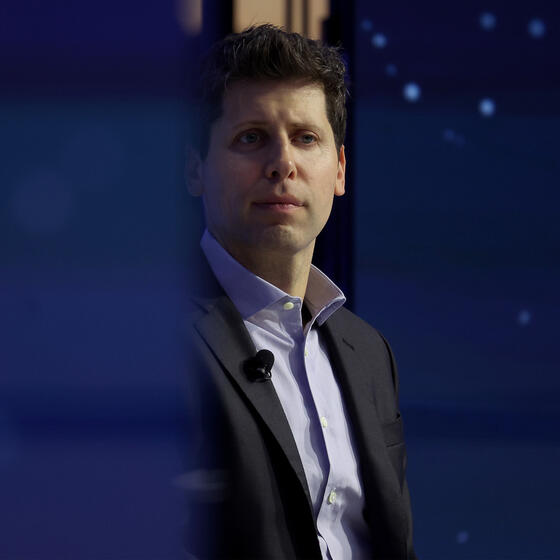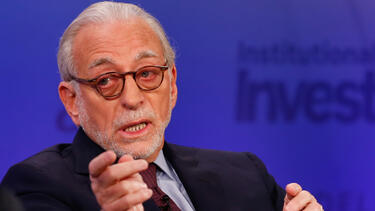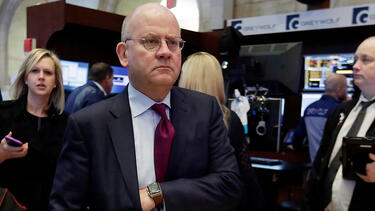Corporate Governance
What Went Wrong at OpenAI?
Days after he was suddenly fired, CEO Sam Altman returned to OpenAI on November 21, and the board that removed him was overhauled. We asked leadership expert Jeffrey Sonnenfeld how the company’s structure and the performance of the board contributed to the chaos.

Activist Investor Nelson Peltz’s Track Record Doesn’t Back Up His Bluster
Peltz, the founding partner of Trian Fund Management, is demanding a seat on Disney’s board. Yale SOM’s Jeffrey Sonnenfeld and Steven Tian found that more than half of the companies with Peltz on their boards have underperformed the market.

For CEOs, Integrity Is the Best Policy
A new study co-authored by Yale SOM’s Thomas Steffen analyzed tens of thousands of shareholder letters to reveal whether executives’ actions typically live up to their promises. It found that firms whose CEOs scored well on this measure of integrity tended to perform better, while facing lower audit fees.

Lessons From GE: When The Board Wants You Out
Last month, GE chief executive John Flannery was fired after barely a year on the job. What does a CEO need to do to stick around for a while?

When An Empty Board Slot Is Dangled Before You, Look Before You Leap
Yale SOM's Jeffrey Sonnenfeld writes that asking a few simple questions can help a potential board member avoid an unhealthy corporate culture.

How do you set strategy for a global enterprise?
Long-term thinking often gets lost in solving short-term problems, but the most successful companies make corporate strategy a top priority.

Does focusing on shareholder value hurt shareholder value?
Shareholders own the corporation, so managers should maximize returns for shareholders, right? Corporate law expert Lynn Stout says that there are problems with this argument, starting with the fact that legally shareholders don't own a corporation. On top of that, she says, prioritization of shareholder value harms returns in the long run.
Is x sustainable?
Will medical costs in the United States swamp our ability to pay? Can information technology continue to get faster, lighter, and more effective? Will global trade go on increasing and generating wealth? Asking if a system is sustainable forces one to project far into the future — and then to look back at the present from that vantage.
Who owns the crisis?
Much of the public anger over the economic crisis has been directed at the CEOs of companies receiving public funds. Ultimately though, CEOs of public corporations are answerable to shareholders. Robert A.G. Monks talks about the role of shareholders in the crisis as well as the effectiveness of policy and regulatory frameworks governing corporations.
What's the view from Dubai?
The Dubai International Financial Center was established in 2004 as a “gateway” to the capital of the oil-producing countries of the Gulf Cooperation Council. Yale SOM’s Ira Millstein and Jonathan Koppell spoke with a group of experienced investors in the region about the DIFC and the role of capital in the GCC.
Have global capital markets shifted?
Sensing a broad change in the capital markets in recent years, the Millstein Center for Corporate Governance and Performance set out to better understand what was happening. Jonathan Koppell describes what he and his colleagues learned from a series of discussions with investors, directors, managers, and regulators around the globe.